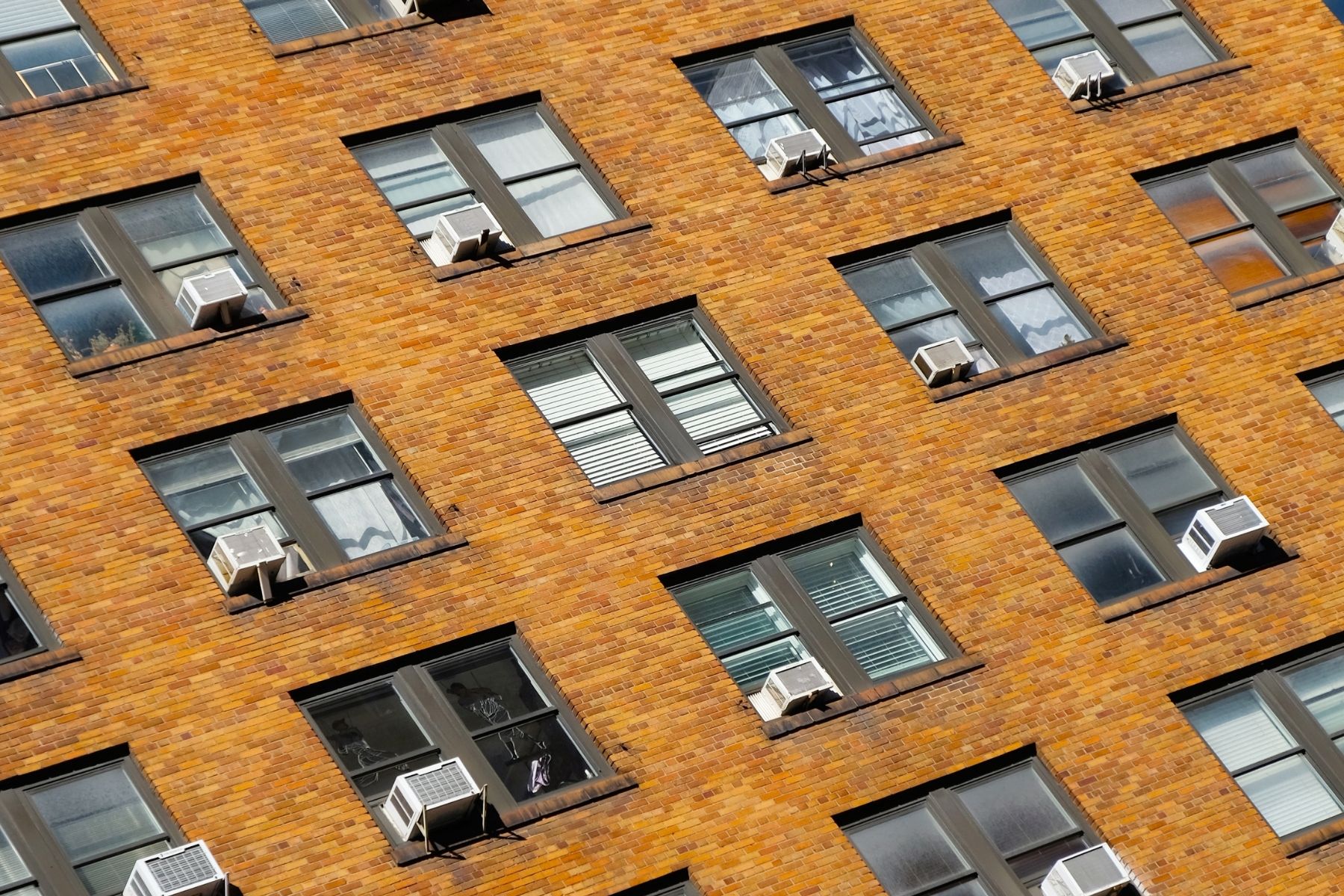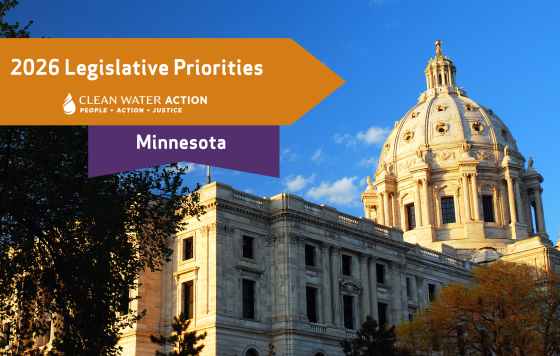
You may have called upon the services of Mass Save. Free of charge, they will send someone out to your house and evaluate the efficiency of your home or business, replace your light bulbs with high efficiency LEDs and give recommendations on how to increase the efficiency of your home. They even provide rebates and incentives and will help you upgrade your appliances. I have used this program to update my own home and appliances, and by the end I felt very enthusiastic that such a program existed. I also wondered; how could they be doing all of this for free? Well, the short answer is that it is not free.
Everyone pays into this program. A small fraction of our electricity bills each month is set aside to fund these programs. For over a decade, our utility companies, like Eversource and National Grid, have been developing a new plan every three years on how best to allocate these funds. The plan is then approved by the Department of Public Utilities (DPU) with input from the Energy Efficiency Advisory Council (EEAC). 2021 is one of those years and the planning for 2022-24 is starting now.
Up to this point the DPU has not insisted that the utility companies make these programs accessible for everyone, and a large part of the public is not reaping the benefits of energy efficiency upgrades. In low income, communities of color like Lawrence and Fall River, participation rates can be as low as 6% while wealthier suburbs see rates 6-7 times that level. How could this be?
These communities are almost always hardest hit when it comes to environmental issues. Trash incinerators and sewage treatment facilities, conveniently zoned nearby, contribute to serious air quality issues; outdated plumbing continues to deliver lead to water fountains and homes; COVID has wreaked havoc in these areas, and so far the state of Massachusetts has failed to make available a program that will save money for those most in need, and contribute to the fight to minimize the effects of climate change.
In 2019 a study was conducted to figure out the demographics of non-participants and why they are not taking advantage of energy efficiency programs like Mass Save. This research showed that most individuals are low- mid income renters who don’t really trust the government to act in their best interest. Due to shortcomings in communication, non-participants also have a limited understanding of the program and feel that it does not apply to them.
As a part of the Green Justice Coalition, Clean Water Action spoke out in favor of increased focus on and funding for low income communities, renters, non-English speakers, and communities of color. On Dec 8th at 1pm- 3pm the Massachusetts Energy Efficiency Advisory Council held a public comment listening session to assist in the development of the next 3-year installment of the energy efficiency plan (2022-2024). We will continue to advocate for more engagement with trusted community organizations to build widespread confidence in the program and connect directly with non-participating customers. We are highlighting the need for more translated materials for non-English speakers and insisting that the utility companies dramatically reconfigure their outreach strategy, prioritizing non-participants, like renters, in these communities.
We need to continue to put a bright spotlight on this issue and fight for a plan that puts our energy efficiency money to use in a way that centers equity and justice!
Please send a written public comment to MA-EEAC@mass.gov and make a statement in support of Energy Efficiency Justice.


